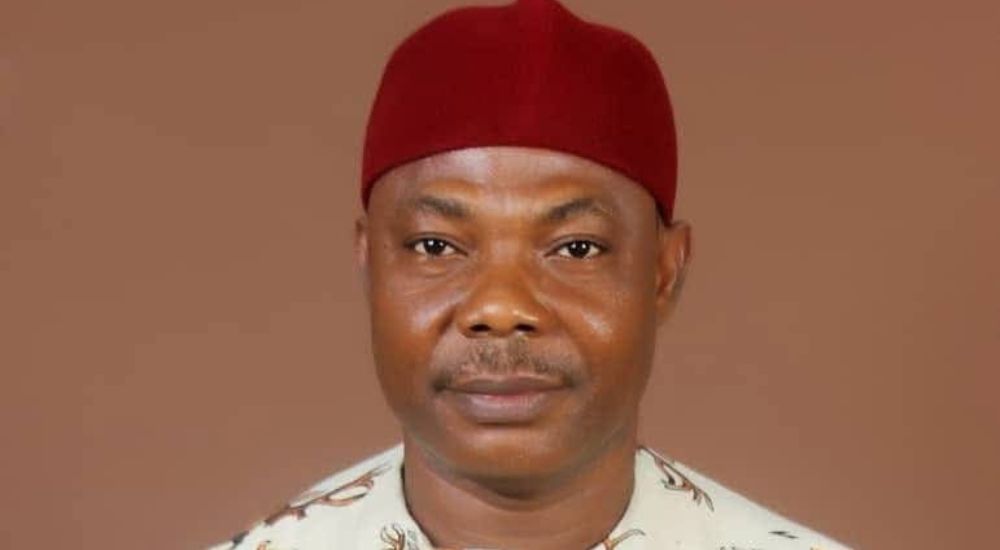Tinubu to Sign Historic Tax Reform Bills on Thursday

President Bola Tinubu will sign four comprehensive tax reform bills into law on Thursday, marking a pivotal moment in Nigeria’s fiscal policy transformation, according to the presidency.
The landmark legislation—comprising the Nigeria Tax Bill, the Nigeria Tax Administration Bill, the Nigeria Revenue Service (Establishment) Bill, and the Joint Revenue Board (Establishment) Bill—received approval from the National Assembly following extensive stakeholder consultations.
Bayo Onanuga, Special Adviser to the President on Information and Strategy, announced that the bills “will transform Nigeria’s fiscal and revenue framework” and are “expected to significantly transform tax administration in the country, leading to increased revenue generation, an improved business environment, and a boost in domestic and foreign investments.”
The centrepiece of the legislation, the Nigeria Tax Bill (Ease of Doing Business), represents a fundamental overhaul of the country’s tax structure. The bill “aims to consolidate Nigeria’s fragmented tax laws into a harmonised statute,” according to Onanuga, who emphasised that “by reducing the multiplicity of taxes and eliminating duplication, the bill will enhance the ease of doing business, reduce taxpayer compliance burdens, and create a more predictable fiscal environment.”
A second key component, the Nigeria Tax Administration Bill, “will establish a uniform legal and operational framework for tax administration across federal, state, and local governments,” creating consistency in tax processes nationwide.
Perhaps the most significant institutional change comes through the Nigeria Revenue Service (Establishment) Bill, which “repeals the current Federal Inland Revenue Service Act and creates a more autonomous and performance-driven national revenue agency—the Nigeria Revenue Service (NRS).” The legislation expands the agency’s mandate beyond traditional tax collection to include non-tax revenue collection, while implementing new transparency and accountability measures.
The fourth bill establishes the Joint Revenue Board, which “provides for a formal governance structure to facilitate cooperation between revenue authorities at all levels of government,” and “introduces essential oversight mechanisms, including the establishment of a Tax Appeal Tribunal and an Office of the Tax Ombudsman.”
The presidential assent ceremony, to be held at the Presidential Villa in Abuja, will bring together Nigeria’s top political and economic leadership. Expected attendees include the Senate President, Speaker of the House of Representatives, Senate and House Majority Leaders, and the chairmen of the finance committees in both chambers.
Economic leaders attending the ceremony include the Chairman of the Governors Forum, the Chairman of the Progressives Governors Forum, the Minister of Finance and Coordinating Minister of the Economy, and the Attorney General of the Federation.
The reforms come as Nigeria seeks to modernise its revenue collection systems and attract increased investment through streamlined business processes. The new framework is designed to create greater predictability for businesses while expanding the government’s revenue base through improved collection efficiency.
This legislation represents one of the most comprehensive overhauls of Nigeria’s tax system in recent years, with significant implications for businesses, investors, and government operations at all levels.





